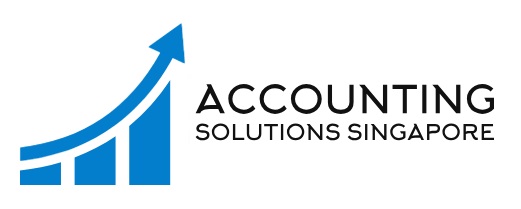
When in business, it is of vital importance to have an eye on how your money is going out to something.
Let’s have a look at how the concept works.
While starting a new business, like a company, small or new, the whole concept of its working does overwhelm a person from time to time.
There will be situations when your understanding of the business plans does not seem appropriate for what the result is turning out as.
This is mostly caused by the flow of cash in seemingly inexplicable ways.
This is an urgent situation because it can cease the fate of your company if ignored.
What is meant by flow of cash?
Flow of cash can be defined as the scenario where money is either being transferred into your business or going out of it.
Ignoring all the issues of profits and losses in the financial statements, for a while, cash flow can be seen as the amount of money present with you to spend, and whether it is sufficient to all your payments to be made, when they arrive at your doorstep, alongside observing how long is that balance going to last for you.
Once you realise that the amount is subsiding but no new money is coming in, that’s the time when you should question your cash flow.
Here lies the demon you should always keep away from, or at times, face fearlessly; and the demon’s name is cash crunch.
It is a vital thing to keep watch on how you make your expenses in the financial statements.
To do that, you need to observe everything you’re going to spend your money on, foreseeing into your future and assess the revenues that you ought to be receiving, about those expenses.
This task might sound simple, but can be often tedious. Because, keenly observing something you spend on is tough to be consistent at.
You can choose between two paths concerning cash crunch when dealing with a new business.
You can either avoid it from occurring or get yourself treated when affected by it.
For many reasons in a new business, it is sometimes inevitable yielding to the cash crunch.
But as mentioned above, observing even the minimal details in your expenses will surely help you avoid such crunching situations in the future, if not the current ones, at least.
Despite following the measures advised above, you might sometimes still find yourself in helpless situations, and in such moments, you will often tend to look at the nearest chances to bring in some money to pay your dues, either by holding up the payments of your vendors and employees or by requesting for early payments from some clients of yours.
But there is a better alternative, which is, to be on good terms with your banker or your outsourced annual compilation services team. One mistake many businesses make is not looking at the banker as a business partner of yours.
It is very important to understand the role of banking officials as a part of your business. You should make him well acquainted with the reports of your business, which will make him tend to trust you better, and when he trusts you more, he will offer you a helping hand for coming out of cash crunch.
A great tool from banking that can save your day is the overdraft.
Overdraft is an excess draft recording of the credit balance. You can build the trust from your banker and use this option in the times of need.
So, what the whole story of cash flow and cash crunching tells is that you ought to have good plans to observe all your business expenses, and at times expect problems and work accordingly to avoid them, even before they occur.
Should you need assistance or would like to find out more about annual compilation services in Singapore, please send an email to Contact@AccountingSolutionsSingapore.com, and our business advisor will contact you.
